Estimated reading time: 9 minutes
Have you ever settled down on the couch only to have your furry friend give you a swift kick? You might wonder if it’s an accident, a playful nudge, or maybe something more. In this article, we’ll dive into the reasons behind this doggy behavior. So, get comfy and read on to unlock the mystery of why your dog kicks you.
Key Takeaways
- Dogs may kick their owners for various reasons, including reflexive scratching, playing, excitement, marking territory, feeling insecure or threatened, muscle spasms, digging behaviors, cold temperatures, overheating and seizures.
- Kicking during playtime is normal and can be an instinctive response or a way to release happy feelings. It can also serve as a form of scent marking.
- Dogs may kick out of joy when they see their favorite toy or treat. This behavior is a way for them to show how pleased they are.
- Kicking can also be a sign of insecurity or threat. Dogs that have been bullied or had negative experiences in the past may be more prone to kicking as a defensive response.
Reasons Why Your Dog is Kicking You: Scratching, Muscle Spasms and More
Dogs kick while lying down for various reasons, including reflexive scratching, playing, excitement, marking territory, feeling insecure or threatened, muscle spasms, digging behaviors, cold temperatures, overheating and seizures.
Reflexive scratching
Dogs kick due to the scratch reflex. This is a way for dogs to get rid of bugs or anything that bothers their skin. Nerves under the dog’s skin send a message to the spinal cord. The legs then start kicking with no control from the dog.
This helps keep your pet safe from things that may harm it like dangerous bugs.
Playing
Have you seen your dog kicking with his back legs while playing? This is normal. Dogs may kick their back legs during play for a few reasons. One reason: it’s an instinctive response. They do this to let out fun and happy feelings.
Playing can also make dogs start kicking because of the scratch reflex. It is like when someone touches a ticklish spot on us, we laugh or jerk away from them – same with dogs! And just like laughing makes us feel good, kicking lets loose endorphins in dogs so they feel good too!
Another reason: scent marking. Yes, your pet could be leaving their smell behind while playing by using scent glands near the feet! Dogs will sometimes roll onto their backs for a full-on leg-kick session if there’s something stuck on them that they want to shake off.
Every dog is unique though! Your pet might not have as strong of a scratch reflex or enjoy scent marking as much as other dogs do – leading to less intense kicks during playtime.
Excitement
Dogs often kick their back legs out of sheer joy. You may see this when your pet gets very happy or thrilled. This is quite common for dogs to do when they see their favorite toy, a tasty treat or when you come home.
They try to show how pleased they are by kicking back legs while lying down or even standing up! It’s all part of a dog’s way to tell us that they love us and enjoy being with us. Also, it can be seen when the bellies of many dogs get scratched.
Their leg kicking is not something they control but is like a knee-jerk reflex in humans – it just happens on its own!
Marking territory
Dogs have a natural instinct to mark their territory, and kicking is one way they do it. When a dog kicks the ground or grass, they’re leaving behind their scent through the sweat glands on their paws.
It’s like saying, “This area belongs to me!” This behavior is more common in free-ranging dogs who need to establish boundaries with other dogs. Some dogs may also kick as a sign of dominance over another dog.
Even female dogs can engage in this territorial marking behavior by kicking the ground. So if you notice your dog doing this, don’t worry – it’s just their way of staking their claim!
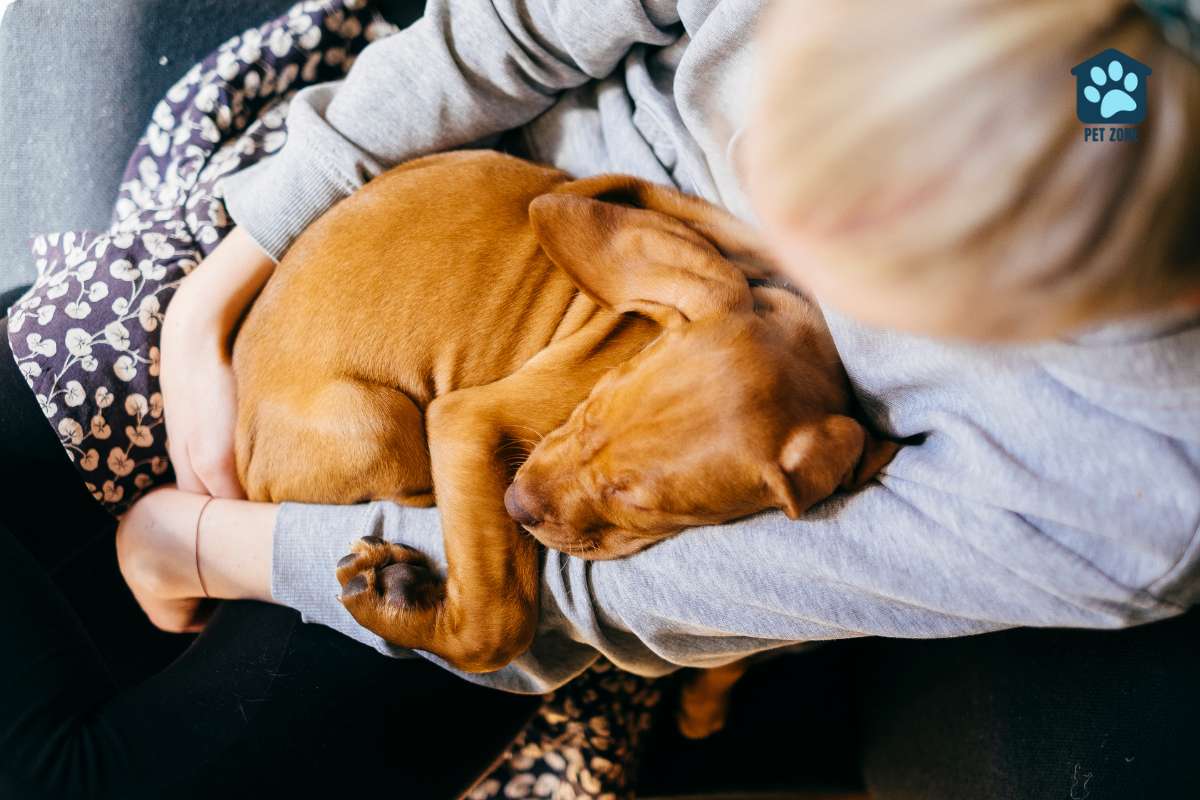
Feeling insecure or threatened
Dogs may kick their back legs when they feel insecure or threatened. This behavior is often a way for them to try and protect themselves. Dogs that have been bullied or had negative experiences in the past may be more prone to feeling insecure.
It’s important for dog owners to build their pet’s confidence and provide a safe environment to help alleviate anxiety. By creating a positive and secure atmosphere, we can help our dogs feel more comfortable and reduce the likelihood of them kicking as a defensive response.
Muscle spasms
Muscle spasms in dogs can happen for various reasons. They may be caused by infections, arthritis, nerve inflammation or damage, dehydration, allergies, or even certain medications.
Sometimes these spasms can be mistaken for seizures, so it’s important to understand the difference. If your dog is experiencing muscle spasms, it’s best to consult a veterinarian who can provide appropriate medical intervention and management.
There are also natural remedies available that can help treat muscle spasms in dogs. By addressing the underlying cause and providing proper care, you can help alleviate your dog’s discomfort and improve their overall well-being.
Digging behaviors
Dogs have a natural instinct to dig, and this behavior can sometimes come out when they kick their back legs. Digging behaviors in dogs can be influenced by several factors, such as marking territory, searching for food or water, seeking comfort or natural instincts.
It’s important to understand that digging is a normal behavior for many dogs and may not necessarily indicate a problem unless it becomes excessive or destructive. If you notice your dog kicking their back legs while lying down or scratching at the ground, it could just be their way of expressing themselves and exploring their environment.
Cold temperatures
Cold temperatures can affect dog behavior in various ways. Cooler weather, especially if it is damp, can cause a drop in barometric pressure, which may have an impact on dogs. This change in atmospheric pressure might make some dogs feel uncomfortable or restless and lead them to kick their back legs more often.
It’s important to keep your pet warm and cozy during colder weather to help alleviate any discomfort they may be feeling.
Overheating
Hot weather combined with high humidity can quickly raise a dog’s body temperature to dangerous levels, leading to overheating. Dogs are not able to regulate their body temperature as effectively as humans, so they are more susceptible to heat-related illnesses.
Watch for signs of overheating such as excessive panting, drooling, red gums, and weakness. If you suspect your dog is overheating, move them to a cool area and offer them water. It’s important to take precautions in hot weather by providing shade, keeping them hydrated, and avoiding strenuous exercise during the hottest parts of the day.
Seizures
Seizures in dogs can happen for various reasons. They may be caused by conditions like epilepsy, infections, arthritis, nerve inflammation, or imbalances in minerals and electrolytes in the body.
The most common cause of seizures is idiopathic epilepsy, which is believed to be inherited but the exact reason is not known. Seizures can also occur if toxins enter the brain from medications or chemicals.
Older dogs are more likely to have seizures due to factors such as diabetes or low blood sugar levels. It’s important to note that seizures in dogs can be serious emergencies and require immediate veterinary attention, especially if they are active seizures, cluster seizures, or lasting for a long time.
Kicking in the head
A dog may kick in its sleep, and sometimes they may even kick you in the head. This behavior is believed to come from their wild ancestors who used to dig holes for a comfortable sleeping spot.
When dogs sleep and dream, they twitch, paddle, and kick their legs. If you see your dog kicking in the head while sleeping, it’s usually nothing to worry about. It just means that your furry friend is having some intense dreams and getting good, deep sleep.
Kicking in bed
Some dogs may kick in bed, and this behavior can have different reasons. One possible reason is that it’s a natural instinct for dogs to mark their territory by kicking, as they would do in the wild.
Dogs may also kick in bed if they are feeling stressed, anxious, bored, or in pain. It’s important to remember that when dogs kick in bed, they usually aren’t trying to personally kick their owners but rather displaying a natural behavior.
Excessive kicking in bed could be a sign of neuromuscular conditions or digestive issues. So if you notice your dog kicking excessively or showing signs of discomfort while sleeping, it’s best to consult with a veterinarian to determine the underlying cause.
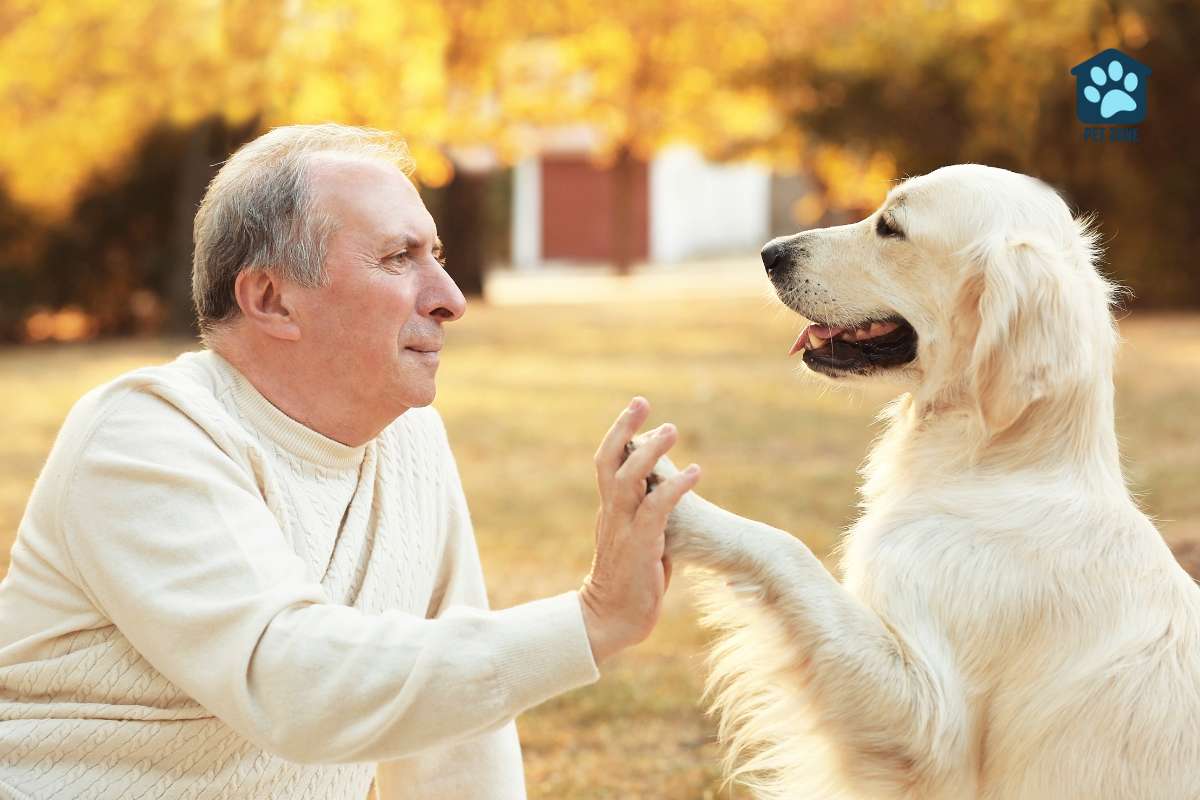
Conclusion
There are several reasons why dogs may kick their owners. It could be due to reflexive scratching, playing, excitement, marking territory, feeling insecure or threatened, muscle spasms, digging behaviors, cold temperatures, overheating or even seizures.
Understanding these reasons can help us better understand our furry friends and provide them with the care and attention they need. If you’re concerned about your dog’s kicking behavior, it’s always a good idea to consult a veterinarian for further guidance.
Frequently Asked Questions
Your dog may kick you while lying next to you because it’s an involuntary movement, or they could be trying to get your attention.
To help your pet, create a comfortable spot for them and make sure they drink enough water. If the kicking persists, seek vet help as it might be due to nerve damage or seizures.
Kicking can be ordinary body language for dogs – many breeds will kick their back legs after marking territory. However if your puppy frequently does this involuntarily when resting or appears distressed – it is advisable to see a vet.
No, if your sleeping pet kicks its legs in sleep then usually that doesn’t mean he is trying to wake up; but perhaps its just dreaming! Still waking him gently should only be done if he seems scared or disturbed in his dreams
Petit mal seizures and grand mal seizures are disorders which cause uncontrollable leg movements during rest and even consciousness loss at times; besides other reasons of muscle spasms also exist including nerve damage resulting from injury or old age problems.
As an Amazon Associate I earn from qualifying purchases.
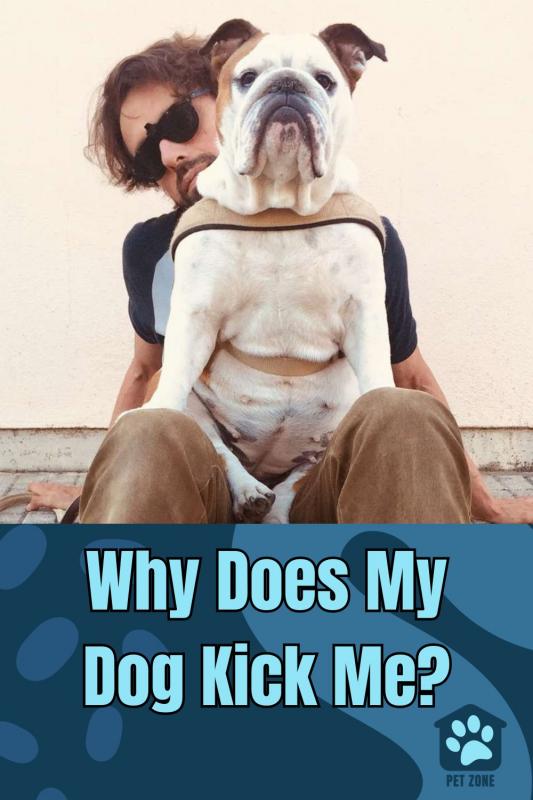


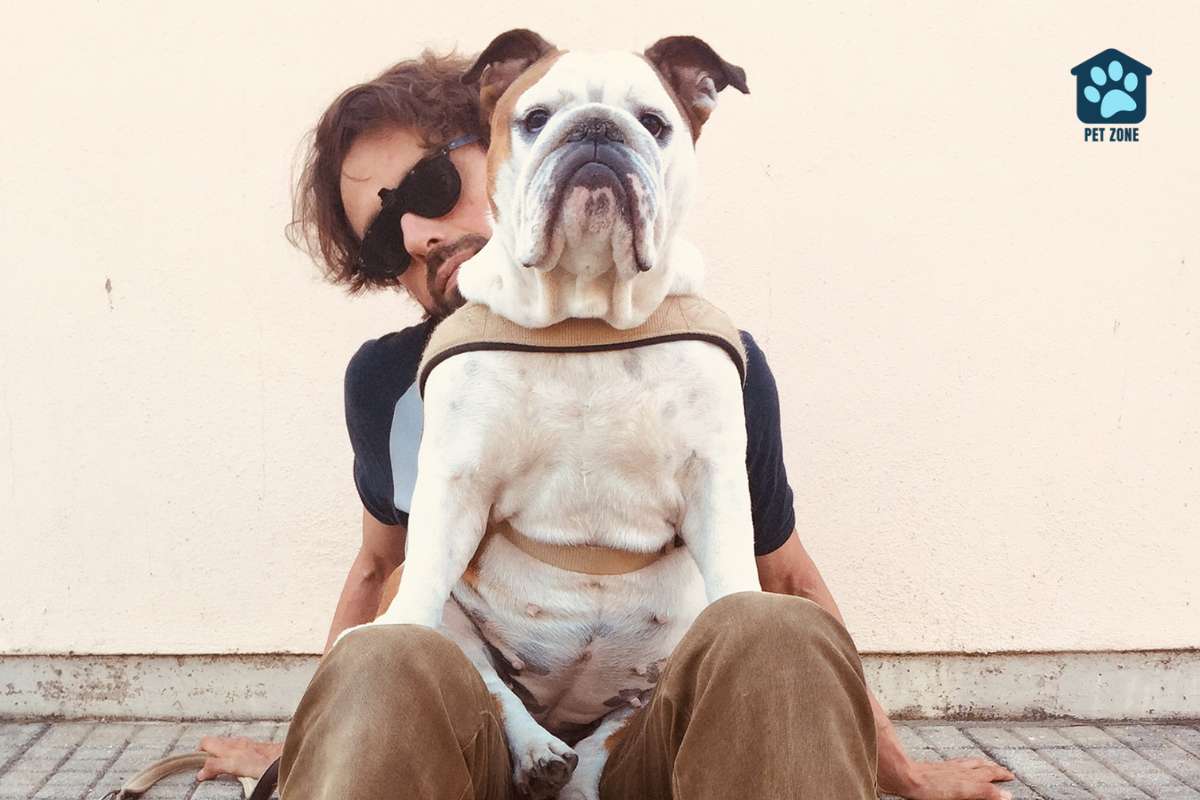


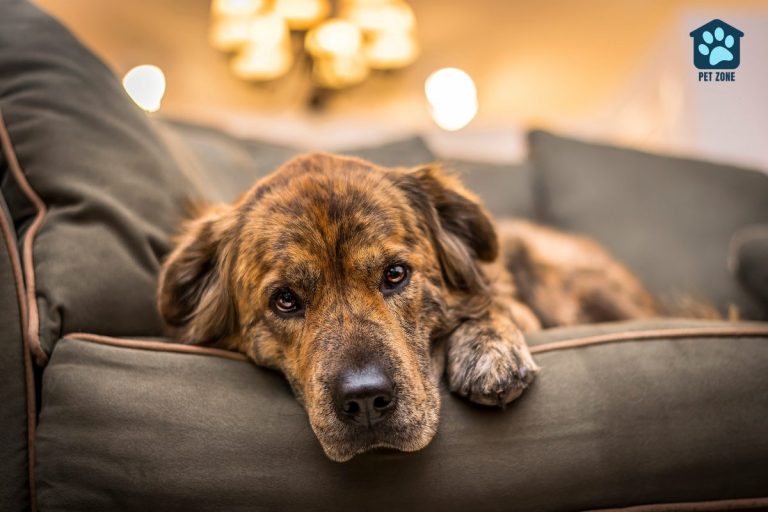
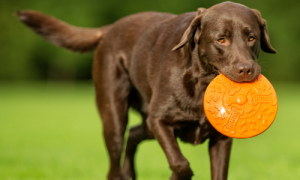

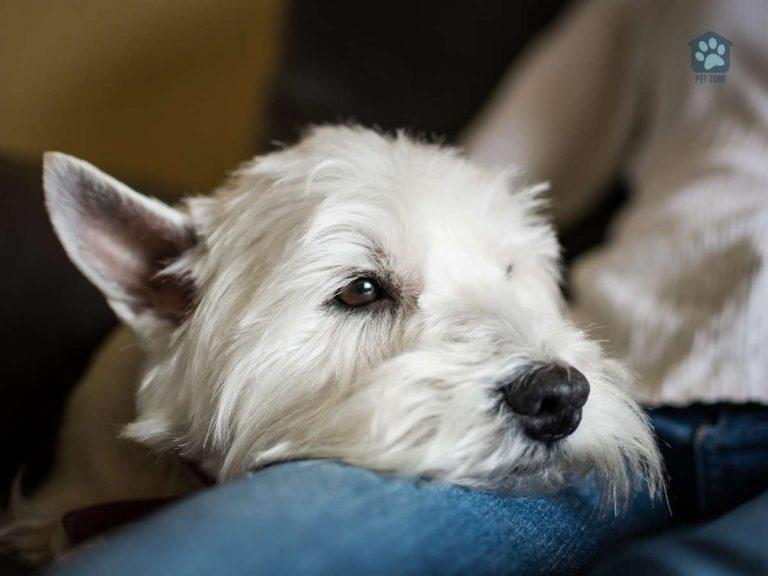
I didn’t have any idea of why dogs kick their legs and wondered the reason behind this particular behavior. And Now I know exactly why it’s happening. Thanks for the awesome post!
This was such an interesting read! My dog always likes to kick while playing, and he always happens to have a toy with him so I think it’s happy play! Thanks!
Super interesting! I had no idea there are so many reasons a dog kicks! It’s fascinating to hear about their instinct for digging and kicking away bugs!
My pup has been known to give me a kick in her sleep. Interesting to see the reasons behind this! I’m glad she’s having some intense dreams and getting good, deep sleep!